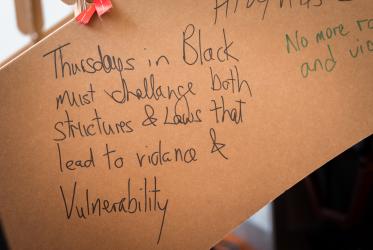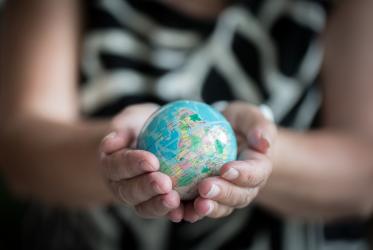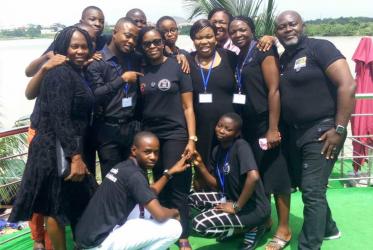Displaying 1 - 12 of 12
South Africans draw hope despite recurring challenges
16 December 2019
Youth leaders: “We will stop at nothing” to end HIV and violence
17 October 2019
When you strike the women, you strike a rock
18 September 2019
Paving the way for ecumenical studies, learning English in Bossey
24 September 2018
"We have our work cut out for us"
10 August 2017
Nigerian breaks down stereotypes on Muslims
13 July 2017







